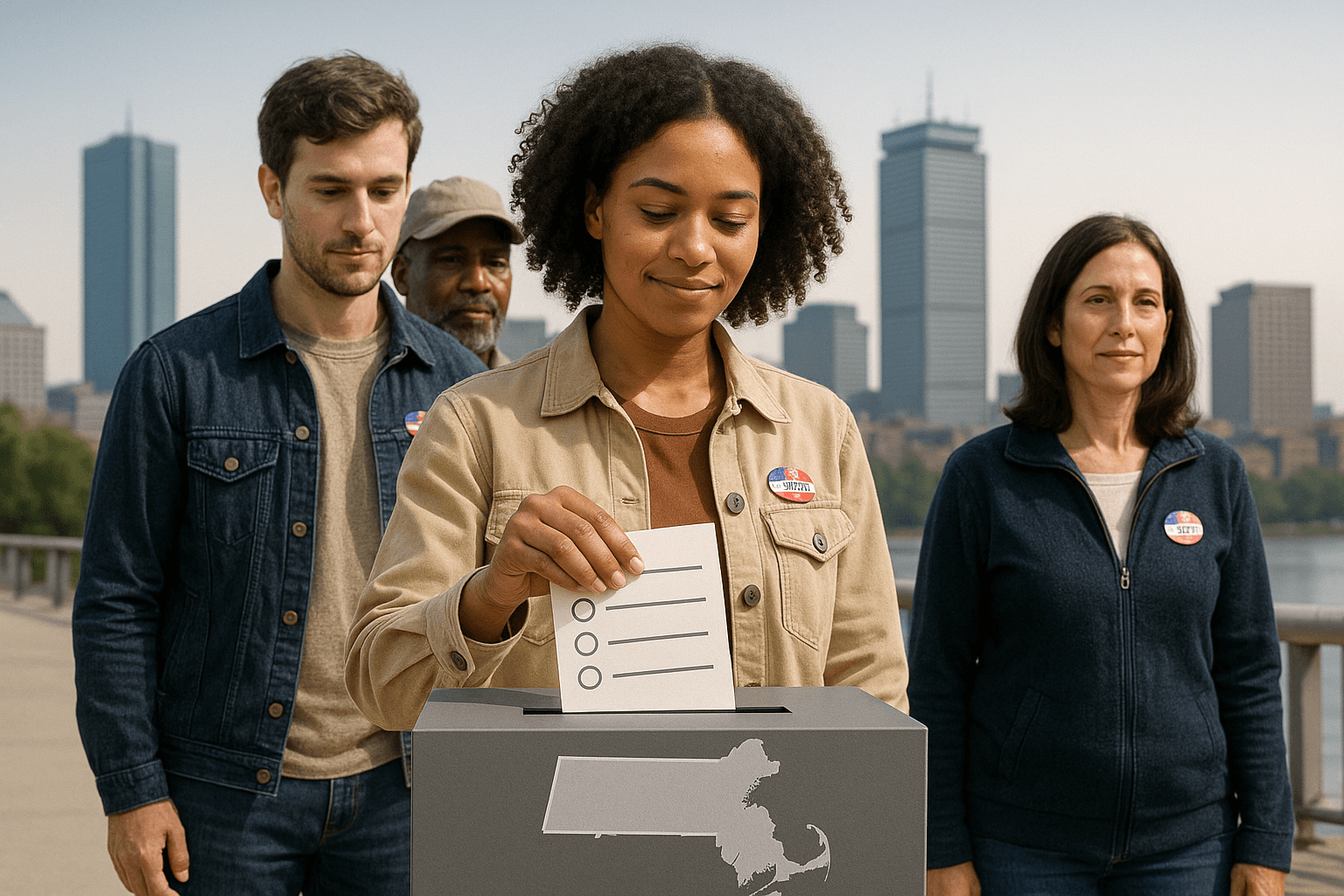Judges Are Not Politicians, SCOTUS Affirms in 5-4 Decision

On Wednesday, the Supreme Court upheld the constitutionality of state laws barring elected judges from directly asking for campaign donations.
“Judges are not politicians, even when they come to the bench by way of the ballot,” Chief Justice Roberts wrote in the decision, joining the court’s four liberal justices in a 5-4 decision.
The LA Times reports:
The decision marks one of the few times the high court has rejected a free-speech claim involving politics and campaigning. Roberts split from the court's four conservative justices to uphold the Florida law.
Rick Hasen, an election law expert at UC Irvine, called the ruling a surprise.
"This is a huge win for those who support reasonable limits on judicial elections. And getting Roberts on this side of the issue is surprising, welcome and momentous," he said.
In California, things could get interesting. California is one of 39 states that elect judges. It is also among the 9 states that do not have restrictions on campaign fundraising. How California responds to the recent ruling in Williams-Yulee v. Florida Bar will have major implications on judicial elections, and candidates will have to adapt accordingly.
While the decision comes as a victory for supporters of campaign finance reform, judicial elections are not shielded from the pervasive partisanship that has come to define our electoral process.
Seven states still elect their supreme court justices in partisan elections, Ballotpedia cites. Altogether, 58 state justices (18 in Texas alone) are elected using this method -- that's 17 percent of all 338 state supreme court justices across the country.
This means that in electing those who are tasked with the unbiased and rational interpretation of the law, political parties play a major role in 7 states.
“In partisan elections they have a leg up, as they already know the judge’s likely political philosophy," Justice James Nelson of the Montana Supreme Court said of political parties and special interest groups.
While the recent SCOTUS decision is a step in the right direction, we still have a long way to go when it comes to making elections fairer.



